With less than two months to go until I move to Aberdeen to study for my Master’s in Archaeology of the North, I’ve been looking back at the years I spent studying for my Bachelor’s degree in Prehistoric Archaeology at the University of Copenhagen. Back then, I was much more restless than I am now, and in hindsight, it was probably a mistake to begin studying “already” at 21 years old. I’d had two travel-heavy gap years after high school, but it clearly hadn’t been enough to satisfy my adventure-hungry heart. In fact, this urge to keep exploring resulted in me visiting 36 countries while studying for my Bachelor’s. Thankfully, I was able to manage a balance between studying, travelling and working part-time jobs without comprimising on my grades.
Looking back, I realize now that I travelled so often to escape static life in Copenhagen. I never felt at home there, I never felt settled or even wanted to settle, and as much as I loved studying, I was itching to get on a plane every single day. But I also know I’m not the only young person out there with this struggle, so I thought I’d write this post to give a few tips on how I did it; how I managed to travel extensively while studying full-time without jeopardizing my grades, learning experience or even my social life at uni. And just so it’s clear, I was (or am) in no way rich, and I paid for every trip with my own hard-earned money.
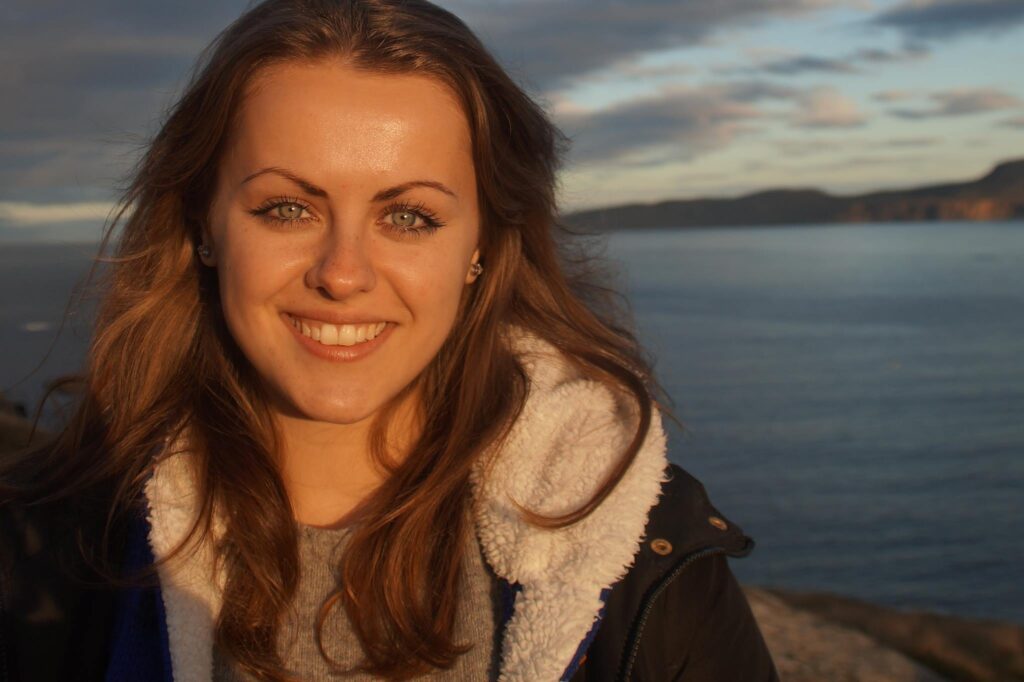
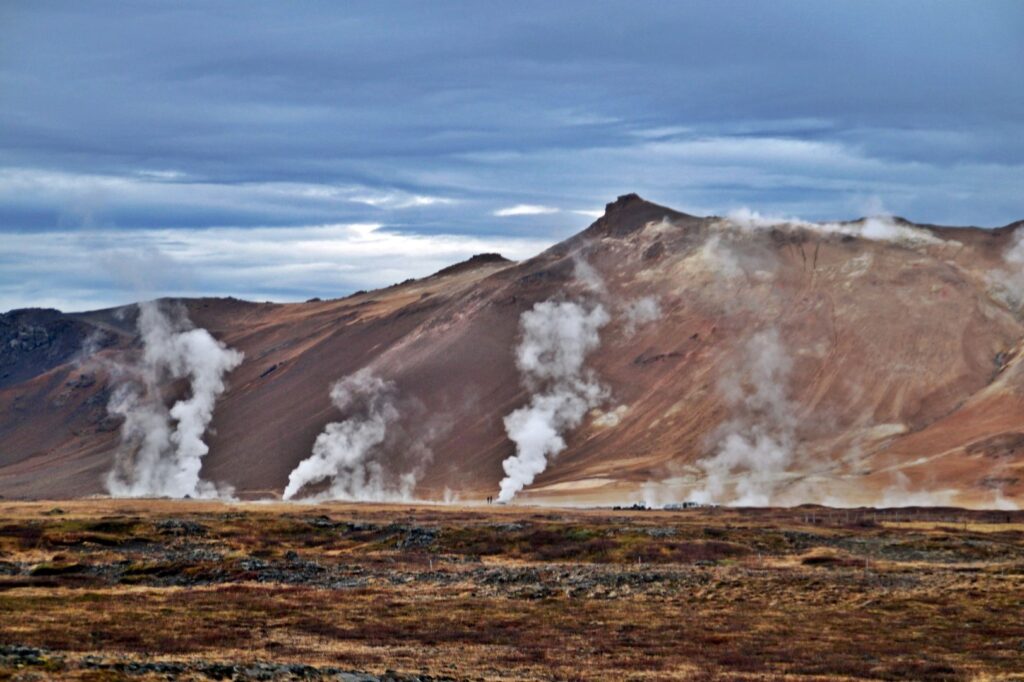




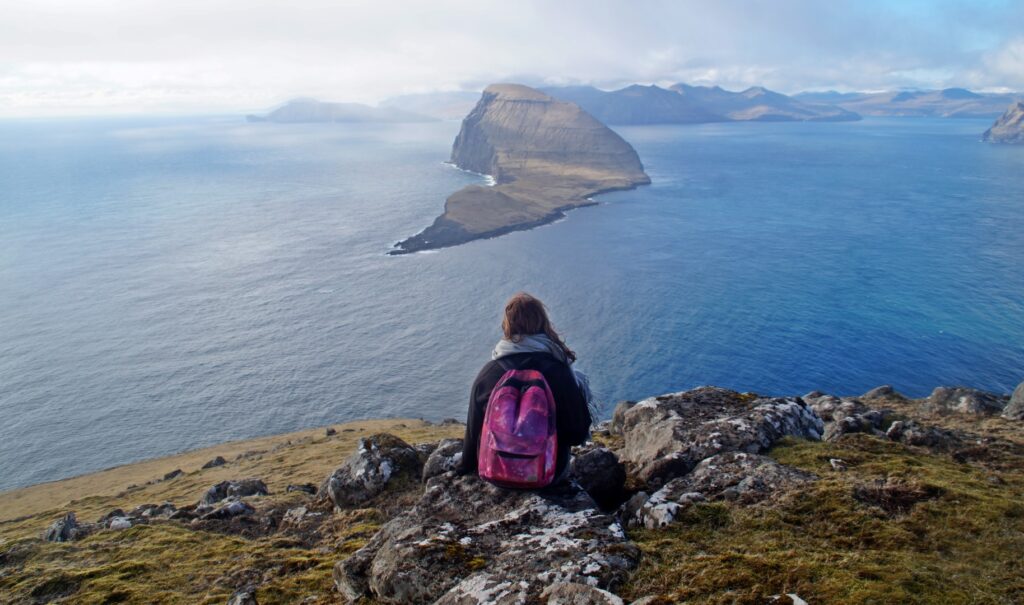
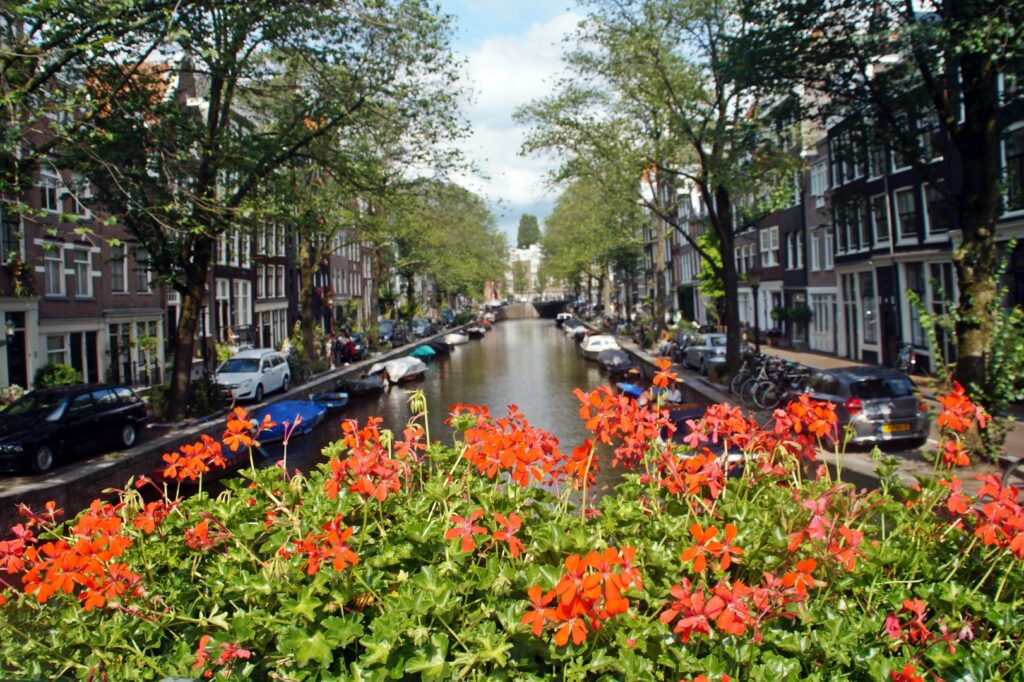




My travels during my Bachelor’s degree
I spent the first two years of my Bachelor’s in Copenhagen and travelled as often as possible. I’d go during all holidays and many weekends, and occasionally during school weeks where I’d read while on the road so I didn’t fall behind on my studies. For my fifth semester, I had the choice to travel elsewhere for a semester abroad, and I chose to go to Nuuk in Greenland where I spent five incredible months. I never returned to Copenhagen after Greenland as I chose to write my Bachelor’s thesis remotely and take my final course in Greenland as well, this time in Tasiilaq on the East coast. I spent 3,5 years studying for my Bachelor’s degree, which is half a year more than average time in Denmark.
Here’s an overview of my travels during these years:
1st semester
• A week in the Faroe Islands & Iceland
• A day in Flensburg, Germany
2nd semester
• 18 days in Iran
• A day in Lund, Sweden
• A weekend in Romania
• Four days in Albania
• A day in Oslo, Norway
• 11 days in the Faroe Islands
• A day in Malmö, Sweden
• A day in Amsterdam, Netherlands
• Two days in Luxembourg
• A day in Toronto, Canada
• Two weeks in the United States
3rd semester
• Five days in Belarus
• 13 days in the Faroe Islands
• Two days in Kiel, Germany
• Five days in Wales
• Two days in East Anglia, England
4th semester
• A day in Moscow, Russia
• Six days in Azerbaijan
• A weekend in North Macedonia
• A day in Zagreb, Croatia
• Four days in Slovenia
• Six days in the Faroe Islands
• Four days on Öland, Sweden
• Nine days in Greece
• Two days in Montréal, Canada
• A month in Peru
• A day in Toronto, Canada
• Two days in Tunbridge Wells, England
• Ten days in the Faroe Islands
• A week in East Anglia, England
5th semester
• Five months in Nuuk, Greenland
• A week in North Greenland
• A week in South Greenland
6th semester
• Four days in Reykjavík, Iceland
• A week in Scotland
• A week in Ukraine
• Six weeks in the Faroe Islands
• A day on Ven, Sweden
• Five weeks in Russia
• A day in Milan, Italy
• Two days in San Marino
• A day in Nice, France
• A day in Monaco
• Two weeks in Spain
• Two days in Spanish Morocco
• A day in Gibraltar
• Three days in Portugal
7th semester
• Two weeks in Nuuk, Greenland
• Three months in Tasiilaq, Greenland
• Two days in Kiel, Germany
• 17 days in Israel
• A day in Riga, Latvia









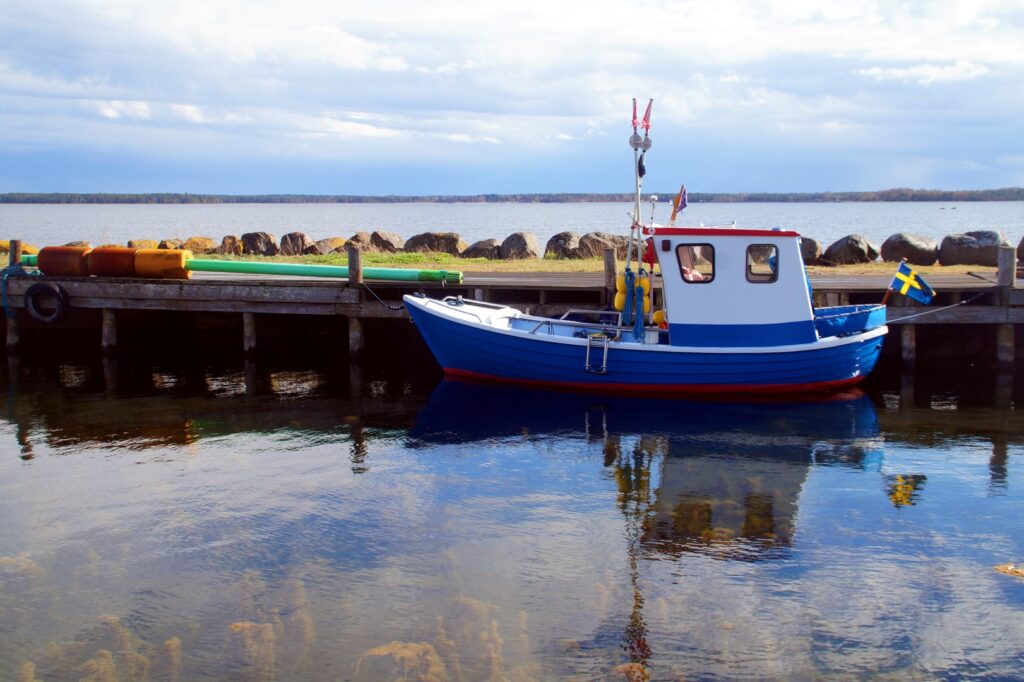
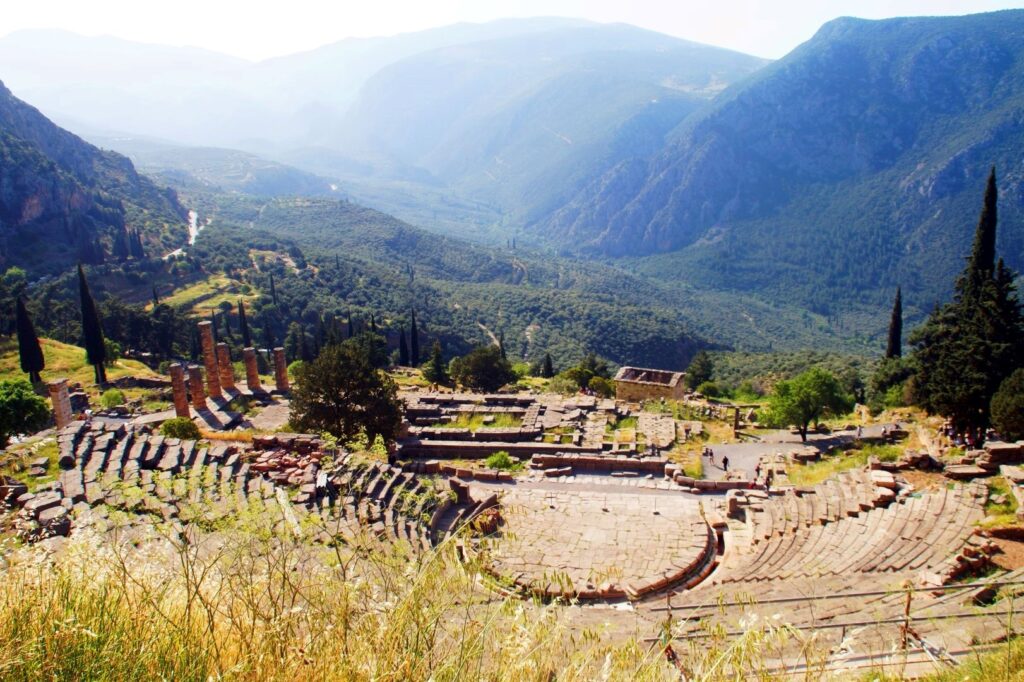
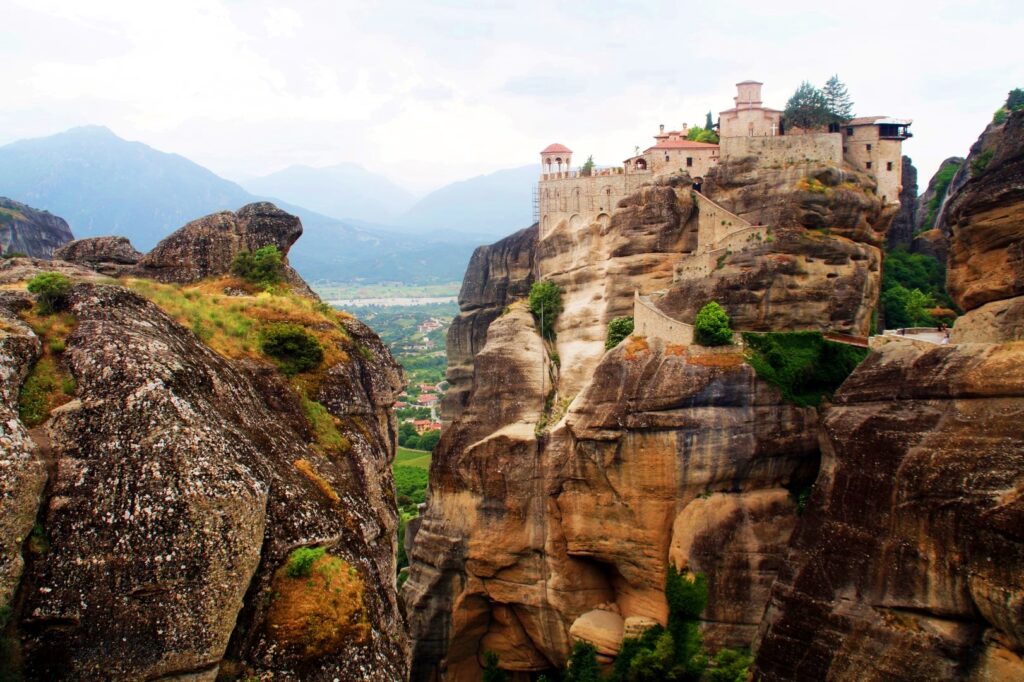
How to afford travelling while studying
Take a part-time job
I know it might seem impossible to also work while travelling extensively AND studying full-time, but it is a necessity unless you were born rich. I worked three jobs simultaneously, and I was lucky to have quite flexible jobs that allowed me to have time off when I needed it and to choose myself when I’d do my hours. I had a job at an open-air museum with weekend and holiday shifts. Every Wednesday afternoon, I’d work a shift at a different museum, so I would always work my travels around Wednesdays. And the last job was in customer service that just required me to work 16 hours per week, and I usually did those in the morning before uni or in the afternoon after uni. The good thing about uni is that you often have short days which allows more time to work.
I have to mention that I’m incredibly fortunate to have studied in Denmark where students get a grant worth around 850 EUR every month. This helped pay for my rent and food, and it also meant that I could spend all of the money from my jobs on travels. I know that most of my readers do not get a student grant, but I will say that it’s still possible to travel quite a bit despite this if you work part-time and save up for it.
Save money whenever possible
Basically all I wanted to do during these 3,5 years was to travel while studying, and I made it work by prioritizing hard. I saved money whenever possible, for example:
- I rarely ate out.
- I bought cheap groceries and cooked myself.
- I only drank cheap alcohol.
- I don’t smoke so I didn’t spend money on cigarettes.
- I rarely bought new clothes or shoes.
- I made use of my student discount wherever possible.
- I searched out cheap flights/busses/trains.
- I stayed in cheap hostels, with friends or camped.
Apply for scholarships
Taking a semester abroad? Doing your internship overseas? Then apply for as many scholarships as possible! You’d be surprised how many foundations out there want to support students, especially those taking their studies overseas.
I applied for lots of scholarships while I studied, and I actually received enough to cover my entire semester in Nuuk (including accommodation!), part of my study trip to Greece and part of my field trip to Peru. For my internship in Tasiilaq, scholarships covered half the cost, and the museum covered the rest! I’m also in the midst of applying for scholarships for my Master’s in Aberdeen, and so far, I’ve received grants from four different foundations.
It takes time and effort to apply for scholarships, but it’s often very worth it. So start searching and write those golden applications!
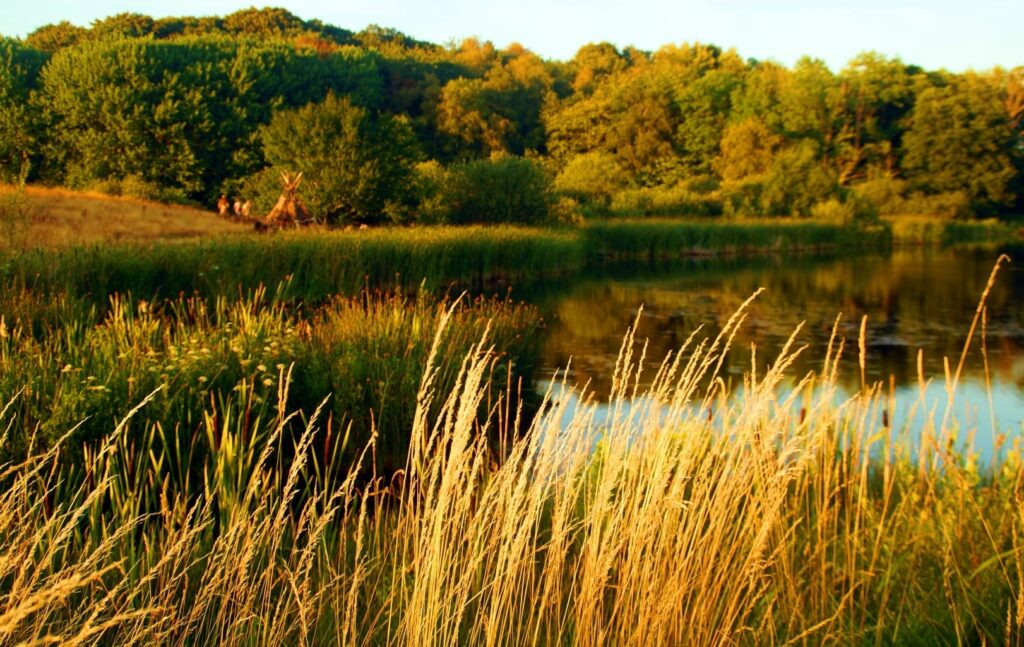


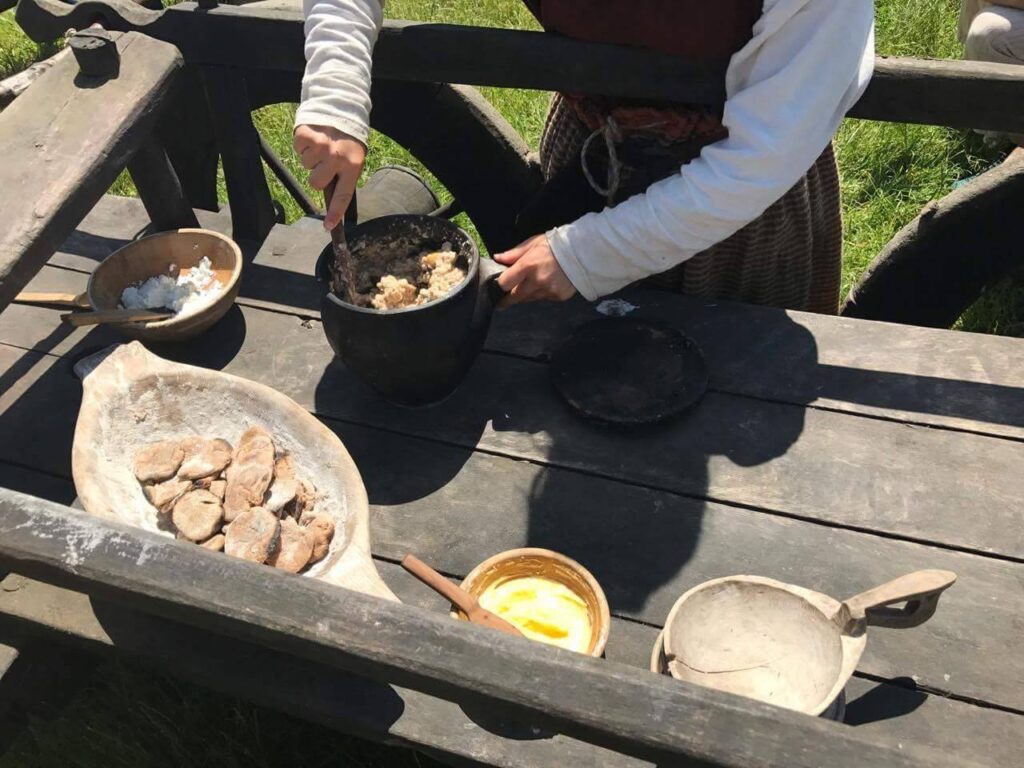

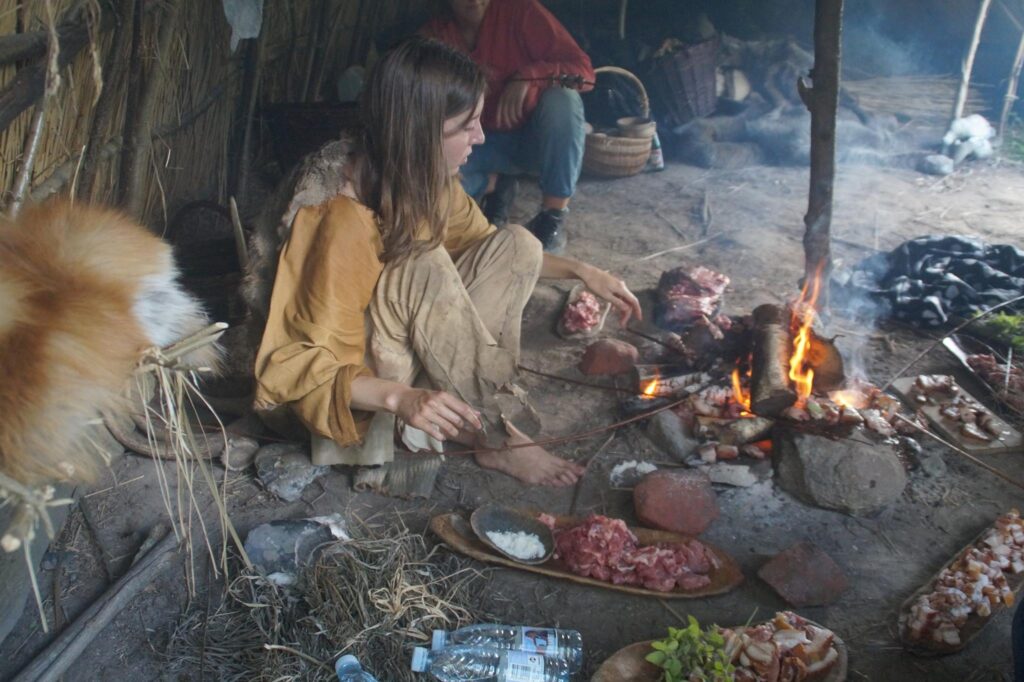
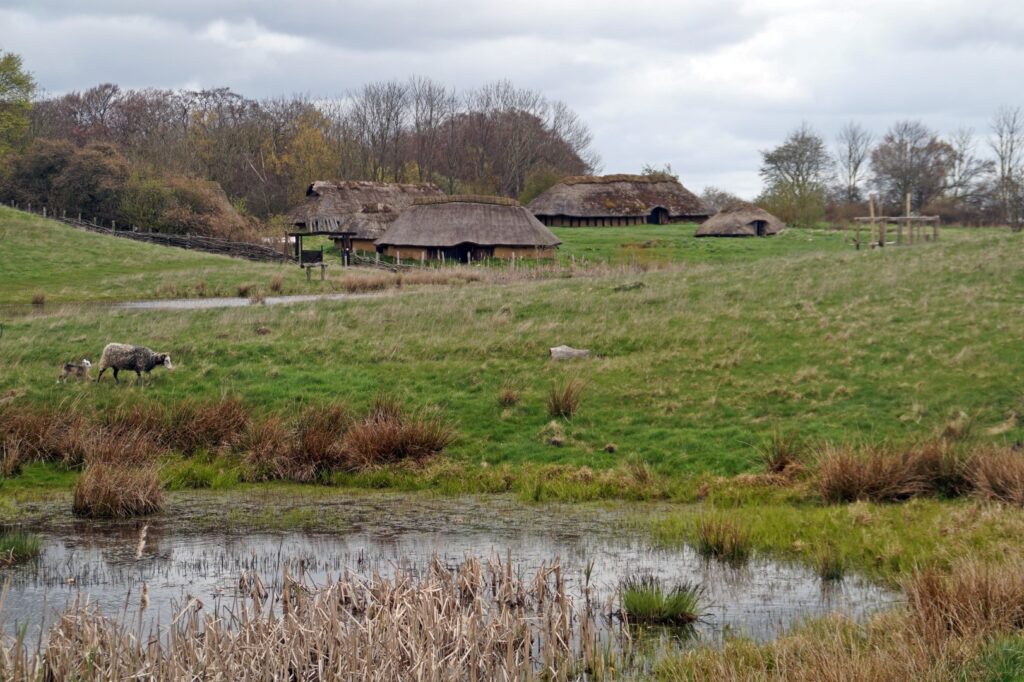




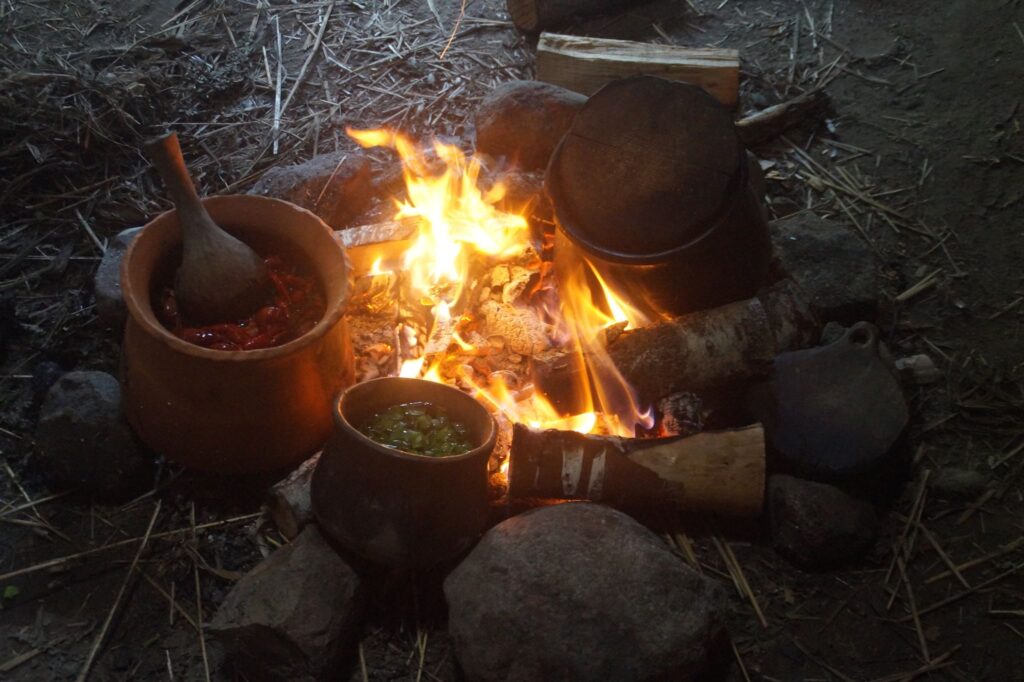
How to keep up with studying while travelling
A great thing about uni is that your time is your own – you get to decide when you read and write, and when/if you attend classes (I would recommend showing up for all classes if possible, though!).
As for reading for classes and writing papers, I did this a few hours every day whenever I could fit it in, and then I’d spend all of my transport time doing this as well. If I had a few hours in an airport waiting for a flight, I’d read a paper. If I had a day of train travel, I’d write on a paper, and so on. I never missed a single assignment.
How I also had time to update this blog, which I did religiously several times every month, is beyond me. But I managed with all of these things quite fine, and I never got a burnout. I know that this lifestyle isn’t for everyone, but I’m just writing it here to let you know that it is indeed possible, if you want it enough and have the time and energy to do it. To be honest, I don’t think I’d have the energy for this busy lifestyle today, but I had so much energy in my early 20’s that I rarely succumbed to exhaustion.
Here are a few tips on how to keep up with studying while on the road:
- Spend transport time efficently. Every minute counts!
- Buy a laptop with a good battery life so you can work when there are no outlets.
- Spend a few hours every day studying, even when you’re travelling. This will help keep stress at bay and allow you to keep up with your fellow students.
- Write a list of everything you have to read and when you’re going to read it.
- Do the same for papers; write a list of all sections of your paper and do one or half of one per day.

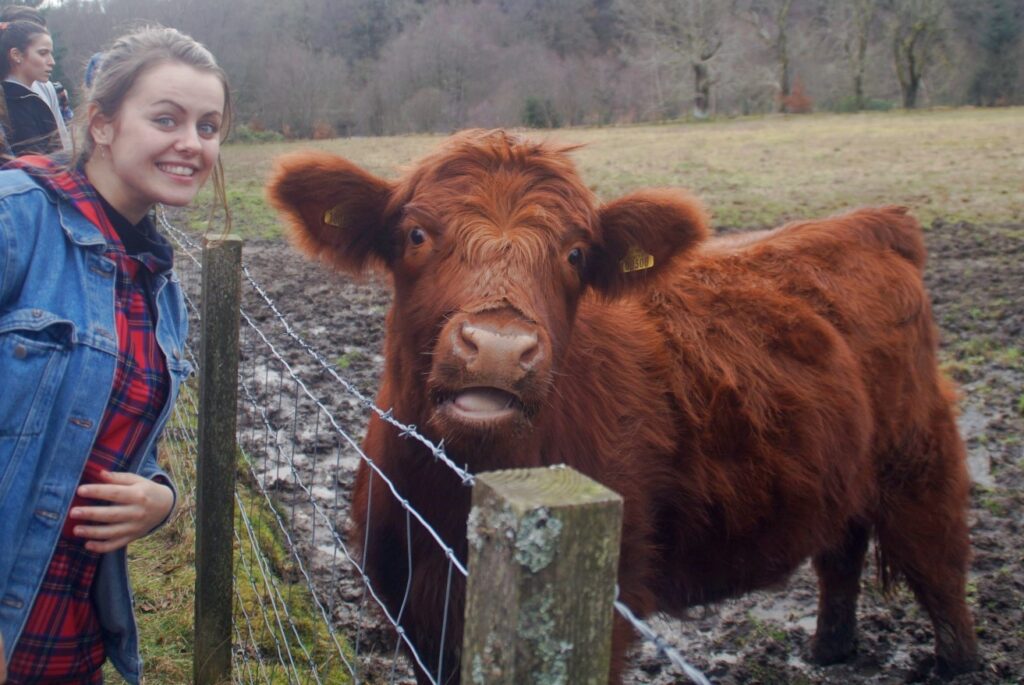


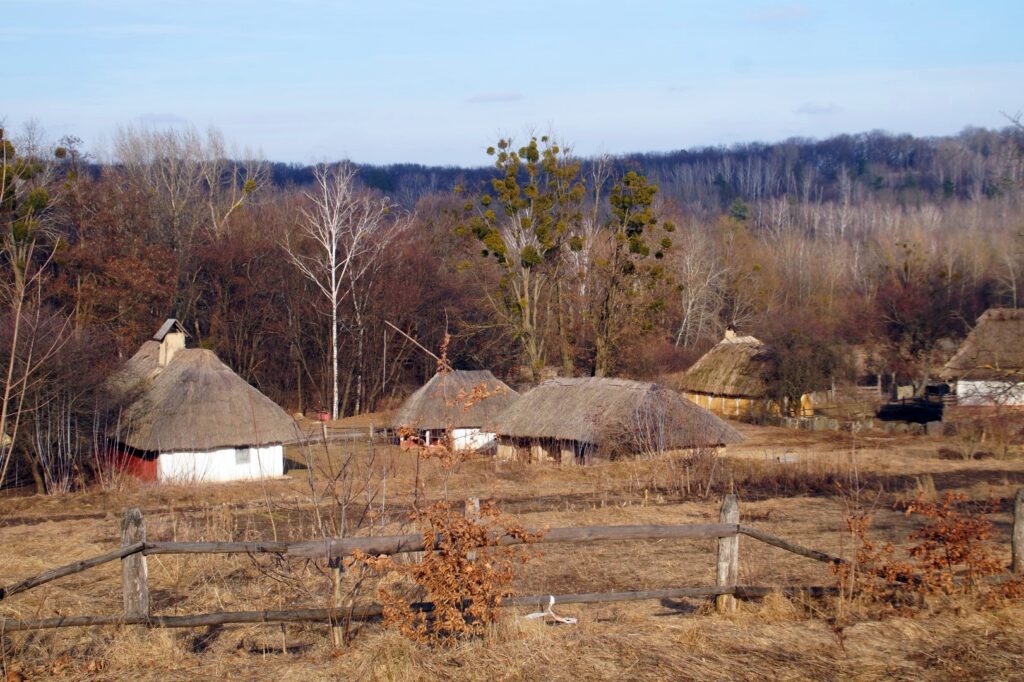
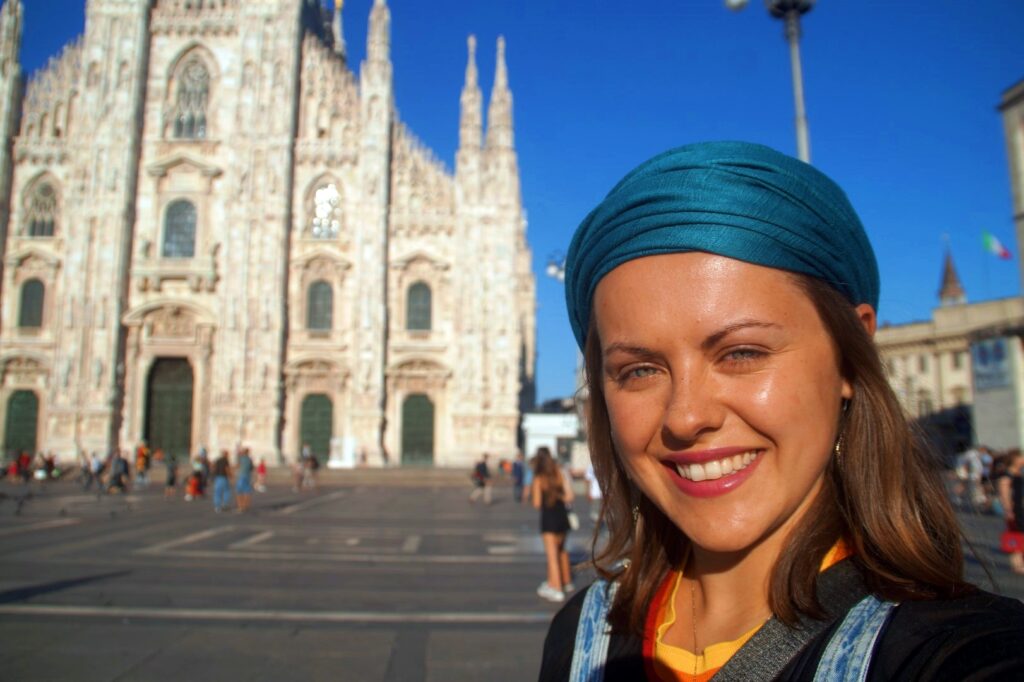
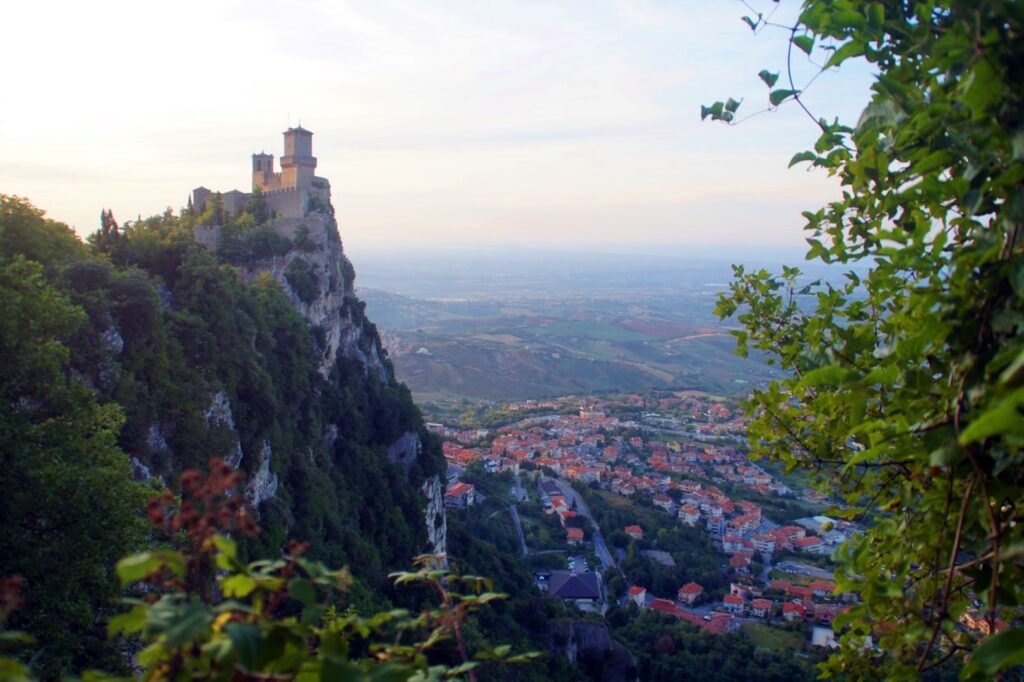

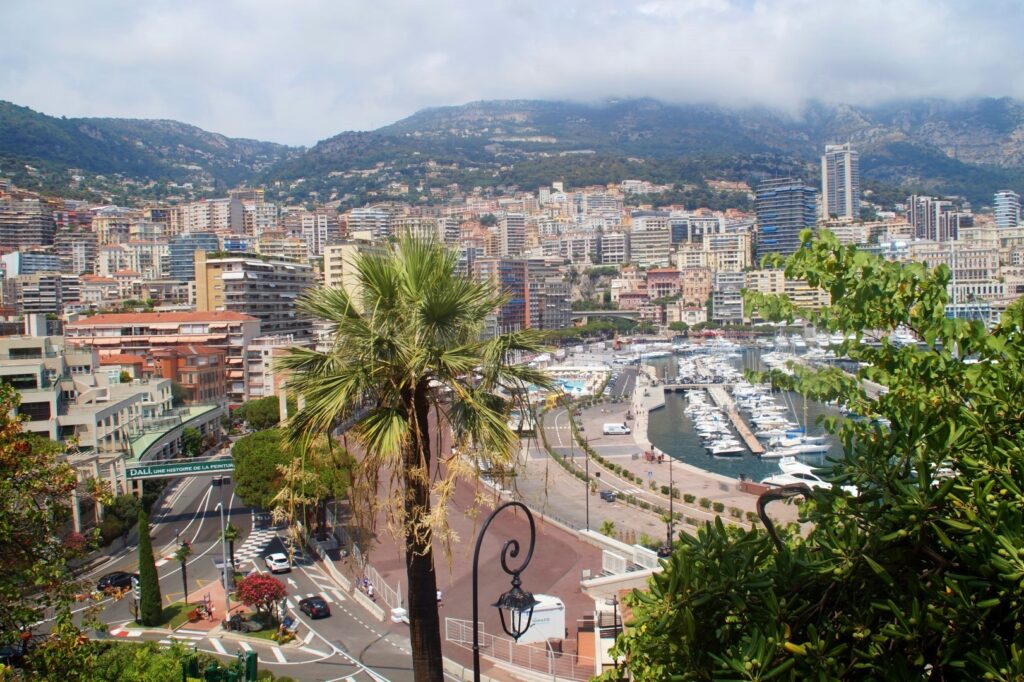
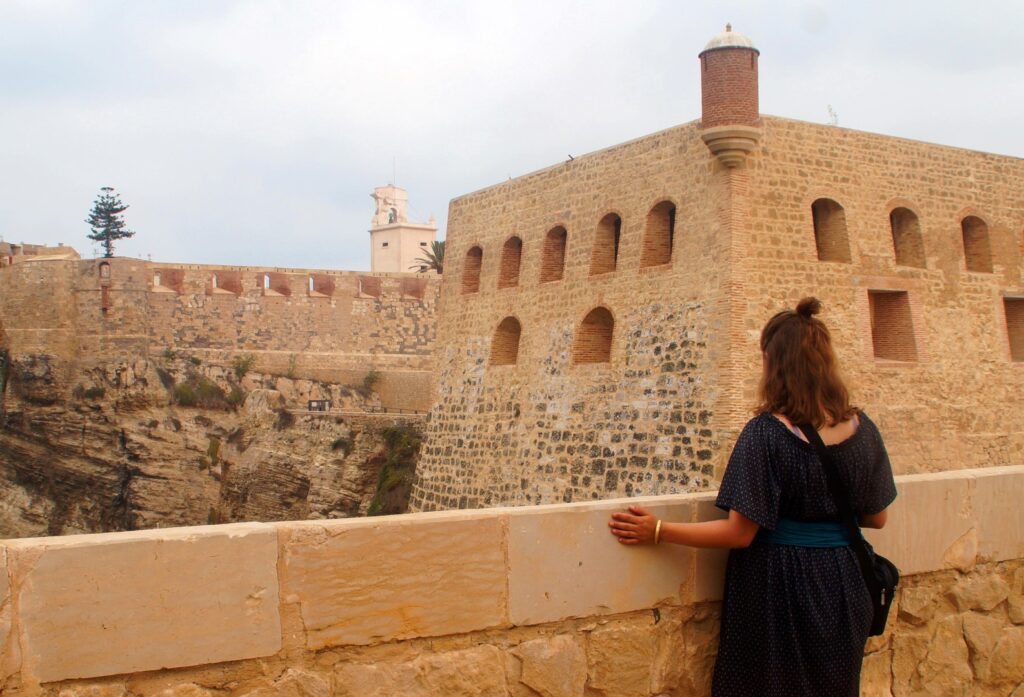


How to make travelling part of your education
Take a Semester abroad
Semesters abroad are so much fun! They’re a wonderful way to broaden your horizon, live in a new country for a while, perhaps pick up some phrases of a new language and meet interesting people from all over the world.
My semester in Nuuk was a life-changing experience and to this date, my favourite five months of my life. I’d do it again a million times if I got the chance.
There are many foundations out there that will happily support a student’s semester abroad, and it’s often a cheap way to explore a new country in depth. It was the sole reason I chose Greenland as my destination; I’d always wanted to go to Greenland, and spending a semester there was the only way I’d ever be able to afford it.
Do your Internship overseas
Many educations include or can include an internship somewhere, and while most students do their internships within their own country, it’s often possible to take it overseas. Not only is it a fantastic opportunity to travel and get to know a place in depth, it also looks great on your CV!
As for the cost of an internship abroad, you have the option to apply for scholarships, and if you’re lucky, your employer will help cover the costs (mine did!).
Do overseas field work
Archaeologists, geologists, anthropologists, etc. Listen up! Don’t spend those summer holidays relaxing at the beach, instead, get some real work experience somewhere exciting! You can often find projects that will pay for your flight, accommodation and board, and sometimes they’ll even pay you (groundbreaking, right!?).
I spent my summers working on archaeological projects in Peru and Russia, and in both cases, I got free accommodation and food in return for my work! And again, scholarships can be applied for!
Attend relevant conferences around the world
Conferences are a lot of fun and a great way to do some networking while exploring a new place! I attended an archaeological conference in Cardiff with a friend, and it was a blast. I only wish I’d attended more!
Conferences can be expensive to attend but there are often student discounts, and you might even be able to find scholarships for this kind of event, too!
Write your thesis somewhere cool (and quiet!)
Depending on your subject and how bound to a university for research you are, consider taking your thesis writing overseas. Collect all of your literature beforehand and find a cheap place to stay (with good WiFi!) and just write away.
I spent six weeks of my writing period on the tiny Faroese island of Nólsoy, in an airbnb I’d rented for 4500 DKK in total. It was the perfect place to write; peaceful and quiet with beautiful nature around me and yes, I did have a stable WiFi connection despite being out in the middle of the North Atlantic! I made sure to collect all the literature I thought I’d need beforehand, and allowed myself enough time in Denmark afterwards to collect more if needed.
Use your time off wisely
You get plenty of time off during uni studies, so why not spend that time getting some life-enriching experiences around the world? Got a week off? Explore a new country! Got a free weekend? Visit that city you’ve always dreamed of seeing!
It’s all about using every opportunity to explore – be it abroad or in your home country. The world is a gorgeous place and there’s so much out there to discover! Ready, set, go!

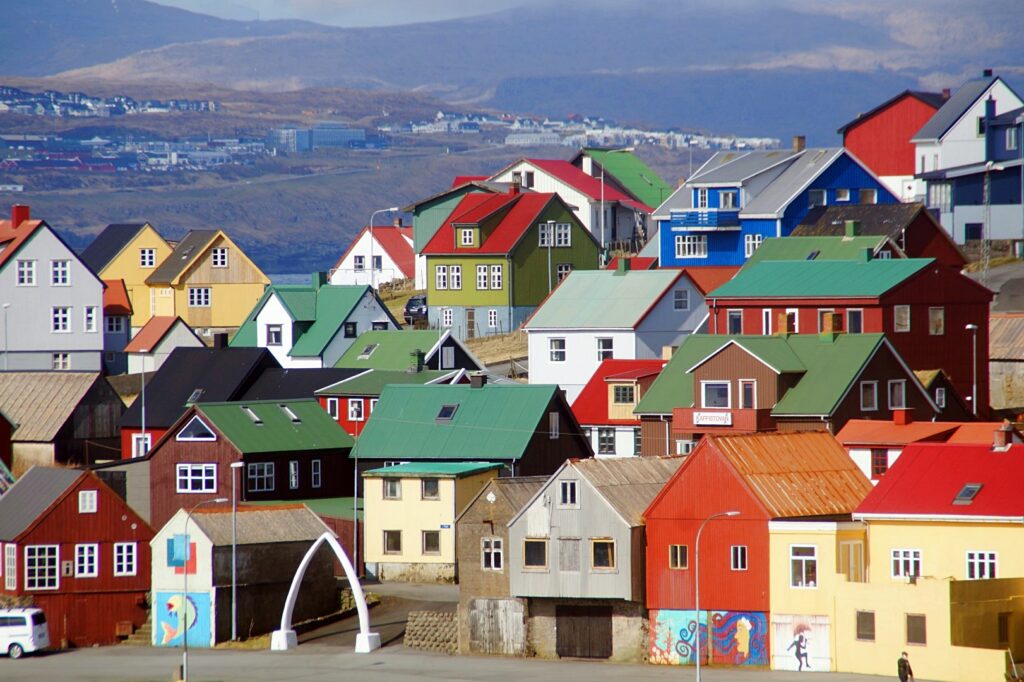
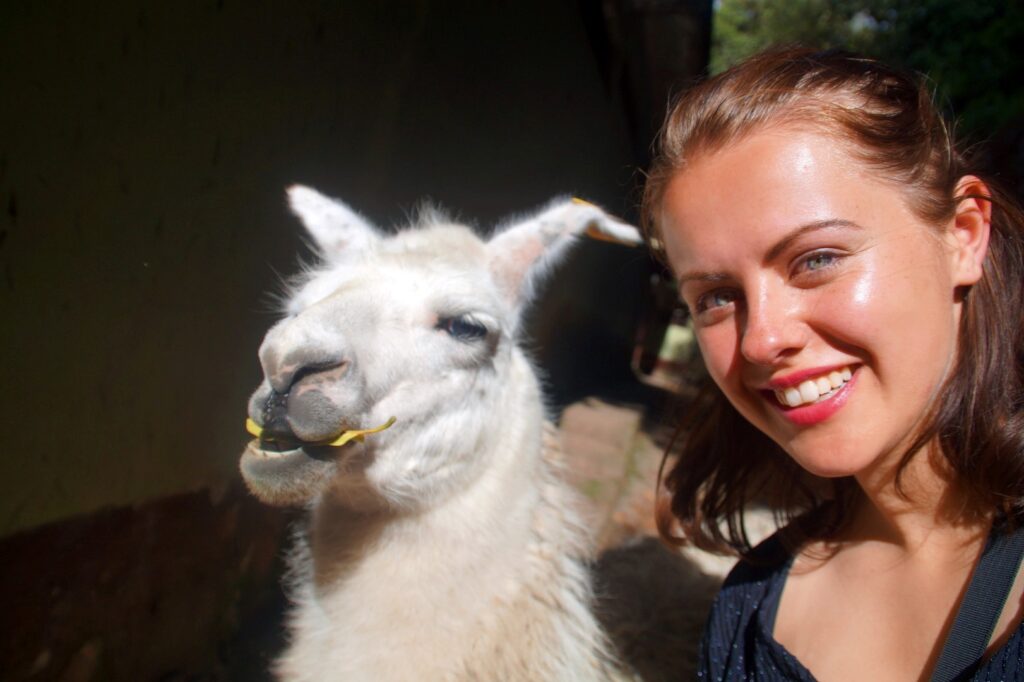

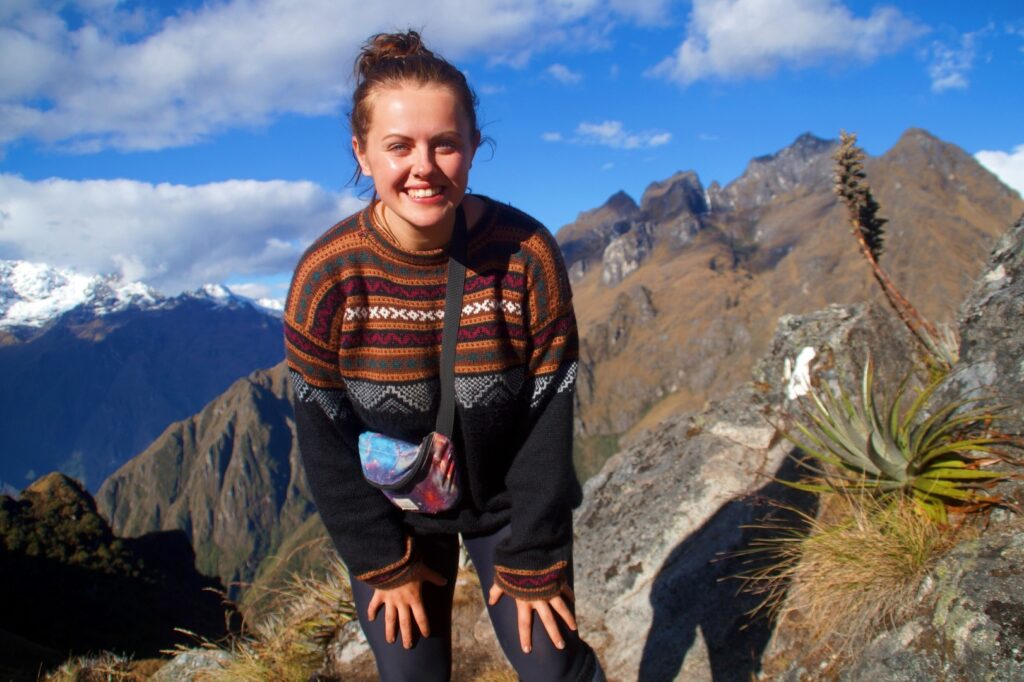

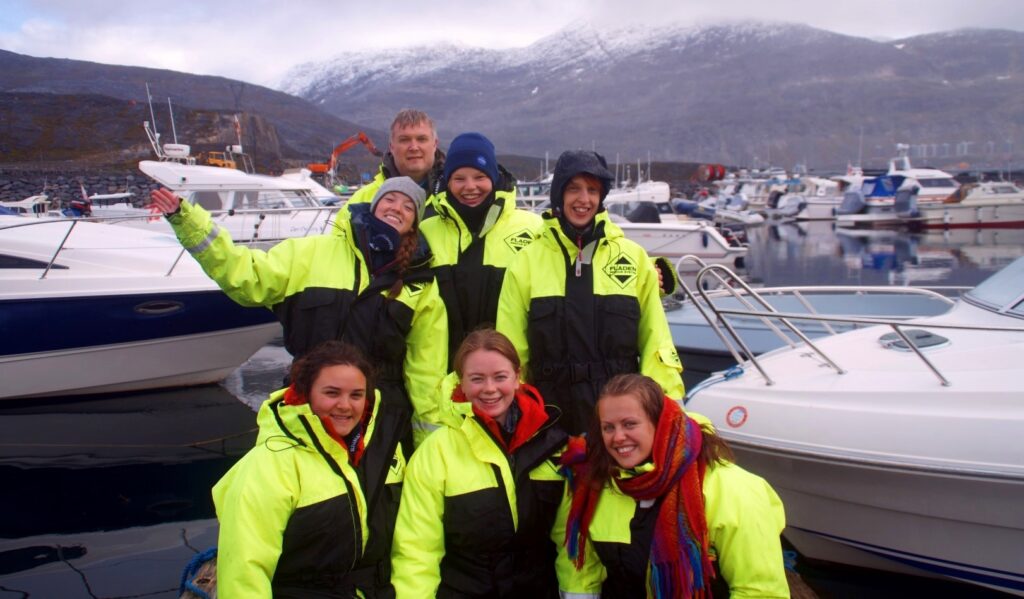

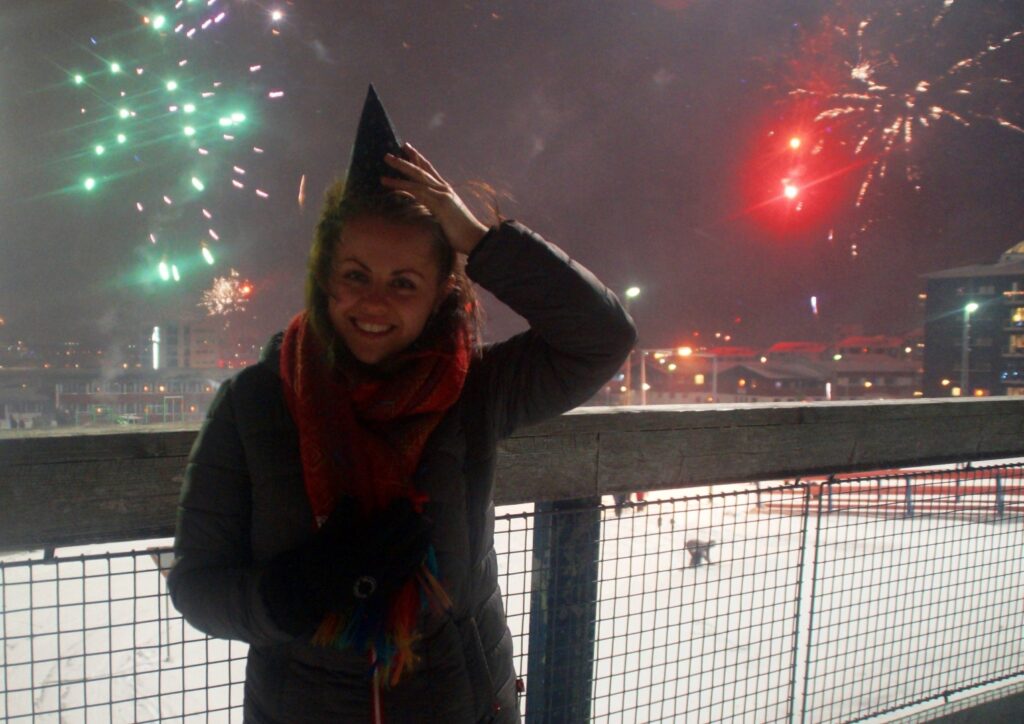
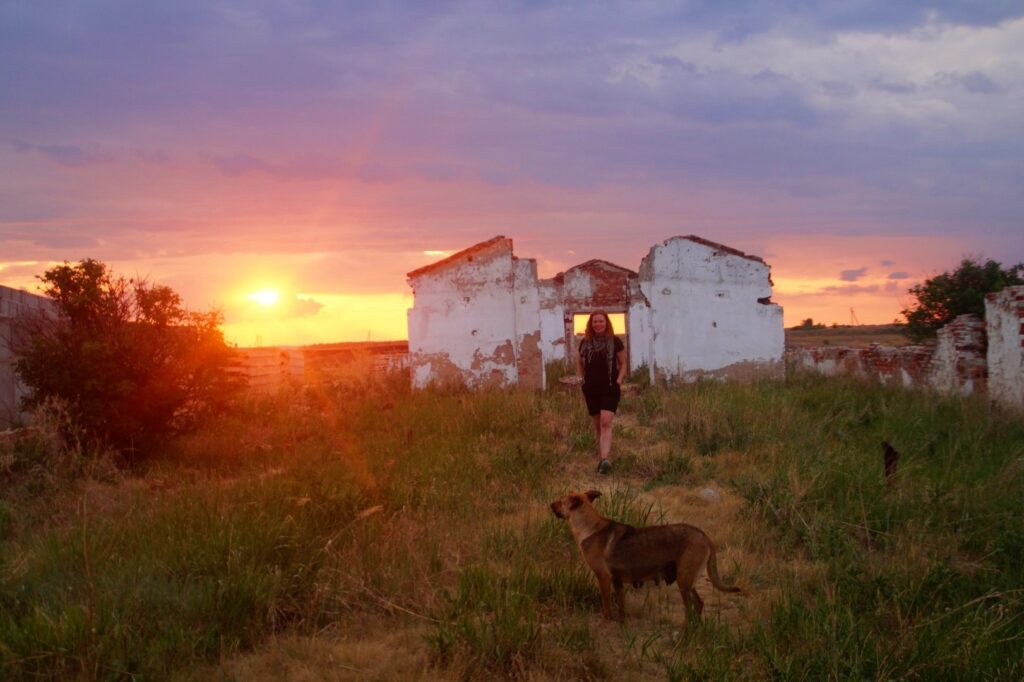
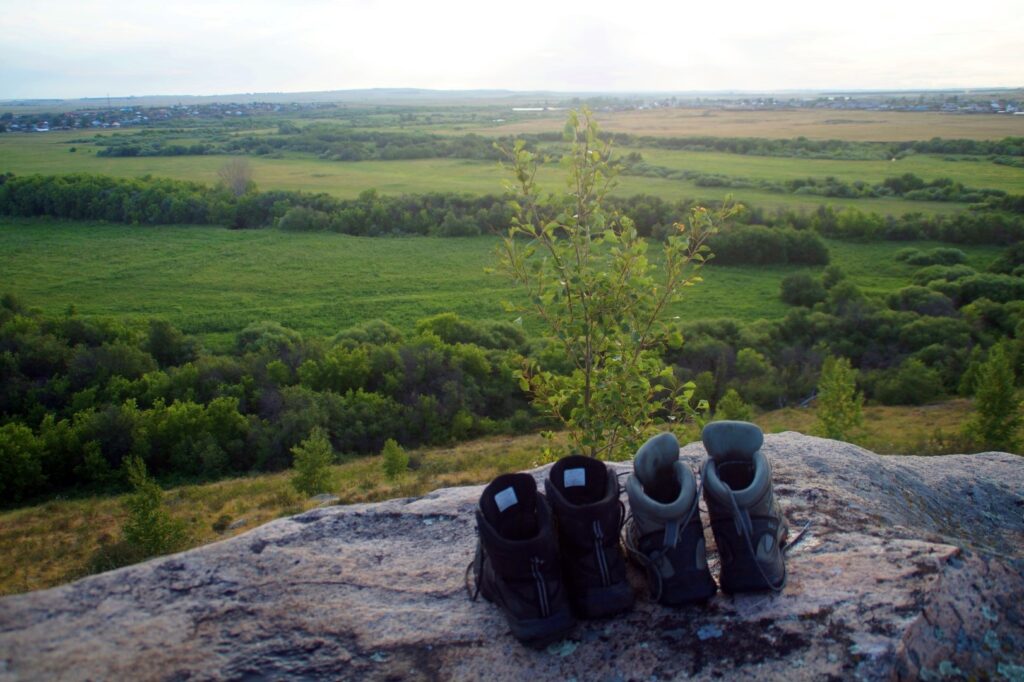


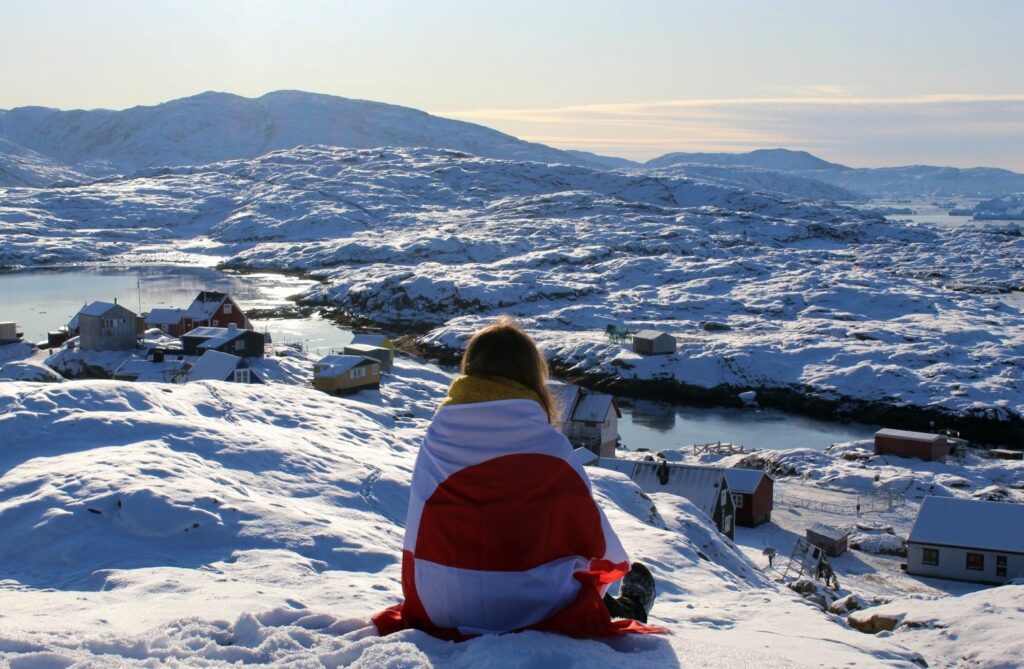

Leave a Comment
Pingback: My November 2022: An autumn trip to Switzerland – Northtrotter on 28/11/2022
1 COMMENT